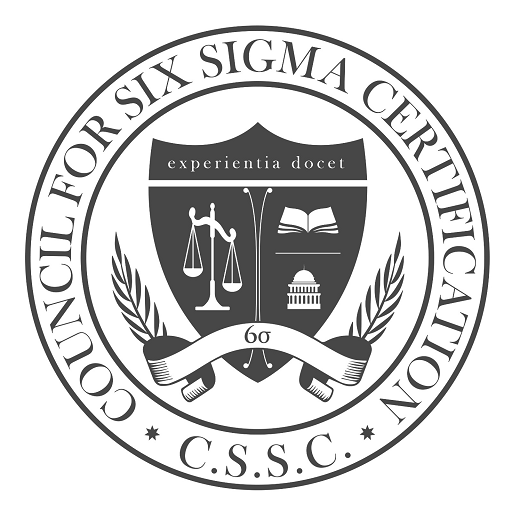Lean Practitioner certification in Bengaluru

Lean Practitioner certification in Bengaluru Lean Practitioner certification equips professionals with the skills and knowledge needed to streamline processes, eliminate waste, and enhance efficiency within organizations. Rooted in the principles of Lean methodology, this certification is highly valued across industries for its ability to drive continuous improvement and deliver tangible results. Let’s delve into what the Lean Practitioner certification entails and why it’s beneficial.
The Lean Practitioner certification program typically covers a range of topics essential for understanding and implementing Lean principles effectively. Participants learn about the core concepts of Lean, such as value stream mapping, 5S methodology, Kaizen, Just-in-Time (JIT), and Total Productive Maintenance (TPM). They gain insights into identifying and eliminating various forms of waste, including overproduction, defects, waiting, unnecessary motion, excess inventory, and unused employee talent, collectively known as the 8 wastes.
One of the key components of Lean Practitioner certification is value stream mapping, a technique used to visualize and analyze the flow of materials and information required to deliver a product or service to customers. By identifying value-added and non-value-added activities, practitioners can identify opportunities for improvement and optimize processes for efficiency.
Another crucial aspect of Lean Practitioner certification is Kaizen, which emphasizes continuous incremental improvements in processes, products, or services. Through Kaizen events and activities, practitioners learn how to foster a culture of continuous improvement within their organizations, involving employees at all levels in identifying and implementing small but impactful changes.
The 5S methodology, focusing on Sort, Set in order, Shine, Standardize, and Sustain, teaches participants how to organize the workplace for efficiency, safety, and productivity. By implementing 5S practices, organizations can create a visually organized and standardized work environment that promotes efficiency and reduces waste.
Just-in-Time (JIT) and Total Productive Maintenance (TPM) are also integral components of Lean Practitioner certification. JIT aims to minimize inventory levels by producing goods or services just in time to meet customer demand, thereby reducing storage costs and the risk of obsolete inventory. TPM focuses on maximizing the reliability of equipment and machinery to prevent breakdowns and minimize downtime, ensuring smooth and uninterrupted production processes.
The benefits of Lean Practitioner certification are manifold. Organizations that employ Lean principles often experience increased productivity, reduced lead times, improved quality, lower costs, and higher customer satisfaction. By empowering employees with the skills to identify and eliminate waste, Lean Practitioner certification fosters a culture of continuous improvement and innovation, driving sustainable growth and competitive advantage.
Moreover, individuals with Lean Practitioner certification are highly sought after by employers across industries. Whether in manufacturing, healthcare, finance, or service sectors, professionals with Lean expertise play a crucial role in driving operational excellence and achieving business goals.
In conclusion, Lean Practitioner certification equips individuals with the knowledge and tools to streamline processes, eliminate waste, and drive continuous improvement within organizations. By mastering Lean principles and practices, certified practitioners contribute to enhanced efficiency, productivity, and competitiveness, making them invaluable assets in today’s dynamic and competitive business environment.

